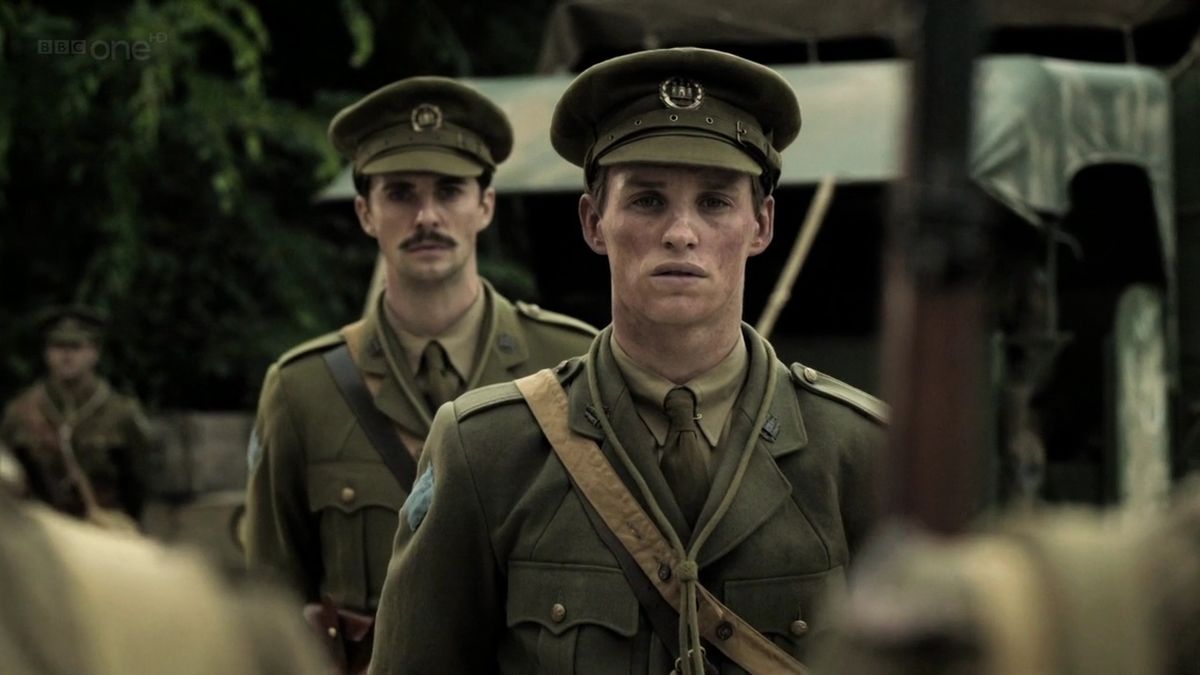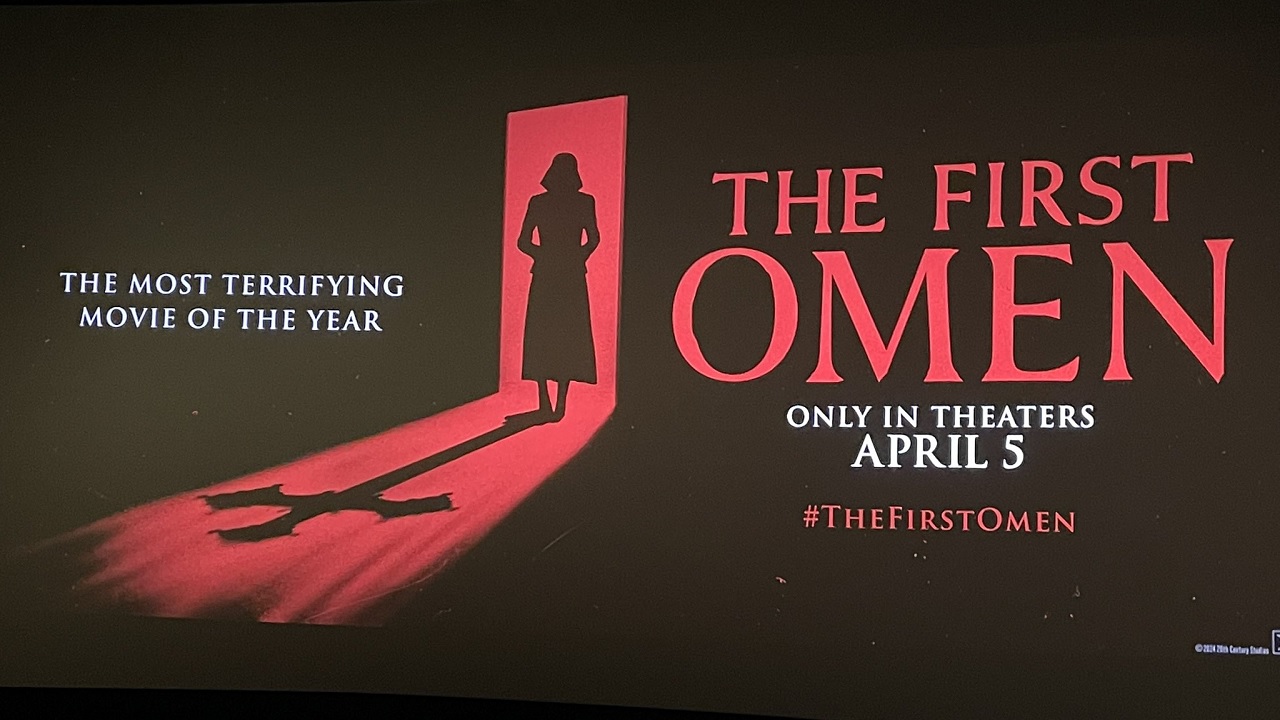
Birdsong, the 2012 BBC adaptation of Sebastian Faulks' beloved novel, is a haunting and emotionally rich period drama that weaves romance, memory, and the trauma of war into a stunning two-part miniseries. Directed by Philip Martin and starring Eddie Redmayne and Clémence Poésy, the series faithfully captures the spirit of the novel while standing firmly on its own as a beautifully acted and visually compelling work of historical fiction.
The narrative shifts between two time periods: pre-World War I France and the brutal trenches of the Western Front during the war. In the pre-war timeline, we meet Stephen Wraysford (Redmayne), a young Englishman sent to France to learn about industrial manufacturing. There, he falls into a passionate and forbidden affair with Isabelle Azaire (Poésy), the wife of his host. Their romance is tender, intoxicating, and ultimately tragic, marked by betrayal and silence.
The story then jumps forward to the trenches of WWI, where Stephen is now a haunted soldier, deeply changed by war and by the loss of love. He is emotionally closed off, surviving the horrors of combat while leading men through dangerous missions, including tunneling under enemy lines. Through flashbacks, the story slowly unpacks Stephen’s emotional history and the lasting impact of his relationship with Isabelle.
Eddie Redmayne gives a powerful and restrained performance. His portrayal of Stephen captures both the youthful vulnerability of a man in love and the hardened emotional numbness of a man at war. Clémence Poésy is radiant and enigmatic as Isabelle, a woman torn between duty and desire. The chemistry between the two leads is magnetic, making their doomed romance all the more heartbreaking.

Visually, Birdsong is beautifully shot. The pastoral landscapes of pre-war France contrast starkly with the mud-soaked trenches and claustrophobic tunnels of the war. The production design and cinematography create a visceral sense of place and time, with haunting imagery that lingers long after viewing.
More than just a love story or a war drama, Birdsong is about memory, trauma, and the cost of emotional silence. It’s a meditation on how war changes people—not just physically, but spiritually—and how love, once lost, can echo across time.
Birdsong (2012) is a poignant and elegantly crafted adaptation that honors its source material. While its slow pace and non-linear structure may challenge some viewers, its emotional payoff is profound. With stellar performances and breathtaking visuals, it remains one of the most moving TV adaptations of historical literature in recent memory.

